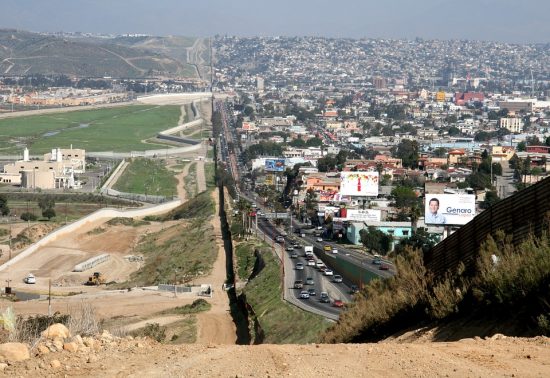How language can become a barrier to a life of better opportunities

Although immigrating to another country may bring with it better opportunities in a classic “the grass is greener on the other side” scenario, the significant challenges that arise from it are undeniable, one being language.
The languages we speak translate our outer and inner worlds into meanings and transform us as meaning-making beings. The immigrant who has no ability to understand or speak the new language will lose the contextual validation of himself, his history, and his known experience of the world. Adult immigrants instantly regress to childhood. They become dependent on others, perhaps a stranger or a younger family member, and until they become competent in the new language, they are defined and marginalized by this limitation. Because their history and values, their very selves, are linguistic in nature and reside in another language—they cannot be converted and thus actualized in the new situation—the immigrant lives like a ghost, waiting to take his or her place in the new society.
For immigrants who come to the United States and whose first language is not English, language and communication problems are a common issue, and it is not unusual to find parents who encourage their children to only speak English even while at home. The language barrier impacts the newcomers’ ability to access basic needs, making the possibility of addressing key ones, such as healthcare, near to impossible. As a result, children and families often go without preventative and primary care, making their lives even more difficult than it has to be, as unattended health problems tend to impact their health.
One of the main interventions for language barrier in health care settings, which has a legal foundation for language access in Title VI of the Civil Rights Acts of 1964, is providing trained interpreters who connect with families and are able to act as intermediaries between them and the health care providers. Most recently, many health care settings have restore the use of health care translation technologies. However, many immigrants’ health needs will get lost in translation.
Getting jobs is another key issue brought about by the lack of proficient communication. Immigrants are hit hard when trying to find a means to put food on the table for their families. For this reason, they are that much more likely to take part in informal jobs than in formal ones, becoming vulnerable to abuse and exploitation in their many forms, from emotional to financial.
To help in overcoming the language barrier, certain organizations offer English language training courses for immigrants that last anywhere from 4 to 6 weeks. Remedial programs such as these are a step forward in supporting immigrants to begin somewhere. Can you imagine yourself learning a language in 4 to 6 weeks? How well prepared would you feel for your first day at work?
Language barrier makes gaining access to basic education difficult; this is among the main reasons why immigrant parents would prefer that their children only speak English. Do you wonder how it could be like for a child to talk to his parent in English during dinnertime when the parents can only understand the language of their country of origin? Do you wonder if the child’s ideas about their parents as protectors are influenced by the language barrier?
The list of profound challenges and unforeseen consequences imposed by the language barrier is vast, and it creates a chasm deepened by the isolation and marginalization created by society. Becoming proficient in the new country’s language is an immense dimension of the powerful experience of being an immigrant. But there is hope, and hope takes many forms.
Buen Día, Ramón (also titled Guten Tag, Ramón) is a 2013 Mexican–German film directed by Jorge Ramírez Suárez. I would like to invite you to watch it. I cannot think of any one more resilient, creative, courageous, and enduring than Ramón to share with you about this and the many faces of the immigrant’s metamorphosis.
Any thoughts or ideas on how to improve immigrants’ welfare? Let me know in the comments section below. Contact me via Twitter and get more updates through my Facebook and Goodreads profiles. You might also be interested in what happens in my book, Mommy, Tell Me, Why Did You Come Here? Check it out!

